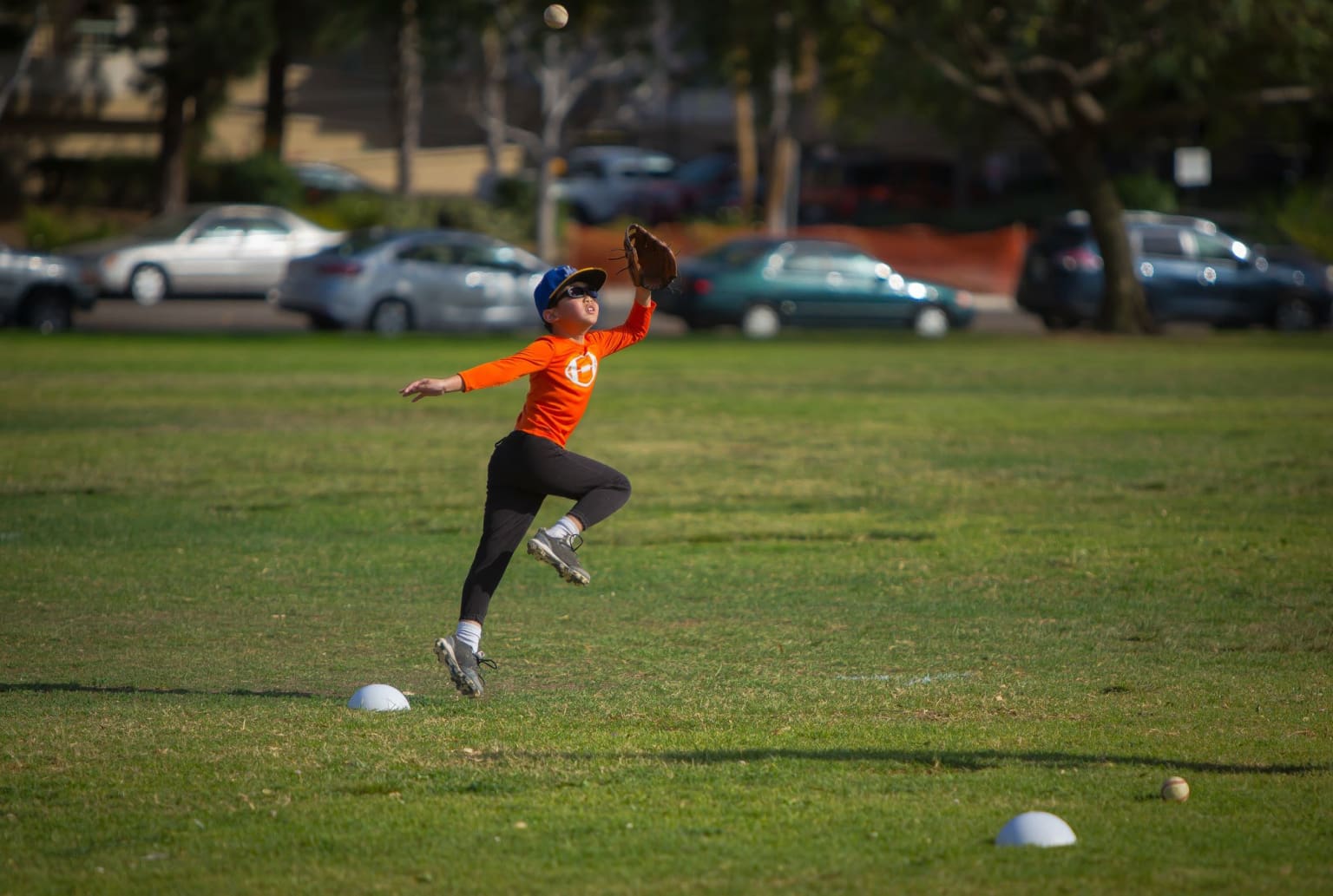
Little League® player evaluations, also referred to as tryouts, are an annual activity for all local leagues, whether a league redrafts all of its team rosters each year or only selects players to fill out rosters in the Major Baseball and Major Softball divisions.
It is a requirement of eligibility for all player candidates to attend at least one of the tryout sessions so that managers of the league’s Major Division teams can properly assess the ability of each player and give each player a proper grade based on ability. If a candidate cannot attend one of the tryouts, and provides an excuse which is acceptable to the board of directors, the candidate may be drafted and placed on a team.
Any child who is placed on a Minor League team (and is the correct age for the Major Division) is IMMEDIATELY eligible to be moved up to the Major Division, in the event of a vacancy.
If the excuse is not acceptable according to the league’s Board of Directors in consultation with the league’s Player Agent, the child cannot play in the league AT ANY LEVEL for that season.
All team managers, nominated by the League President and approved by the league’s Board of Directors for the current season, must attend the tryout so they can assess/grade players for their own reference.
There are five recommended evaluation areas in which each candidate should be given the opportunity to evaluated. They are: (1) Batting/bunting (2) Fielding fly balls (3) Fielding ground balls (4) Throwing and (5) Running in competition with children of the same league age.
Each skill should be graded on a 1-5 scale. A total of score of 25 points is the highest rating a candidate could receive. Candidates scoring 15 through 25 points are considered eligible for drafting onto a Major Division team.
Those scores would then be utilized as managers work through the draft process along with the Player Agent.
The participation in the evaluation process, and assessment of all players is contingent on each child meeting Little League’s eligibility requirements. Once a child has been graded, it is the responsibility of the team managers, the Vice President of the division, and the league’s Player Agent to operate and assure a fair and equitable draft that follows one of Little League’s approved draft methods.
Opportunity for a child to experience, grow, and excel on and off the field is what makes Little League unique. It begins with a child’s parents, or legal guardians, deciding to trust the volunteers in the community to create and operate a safe, healthy, and well-run local program.